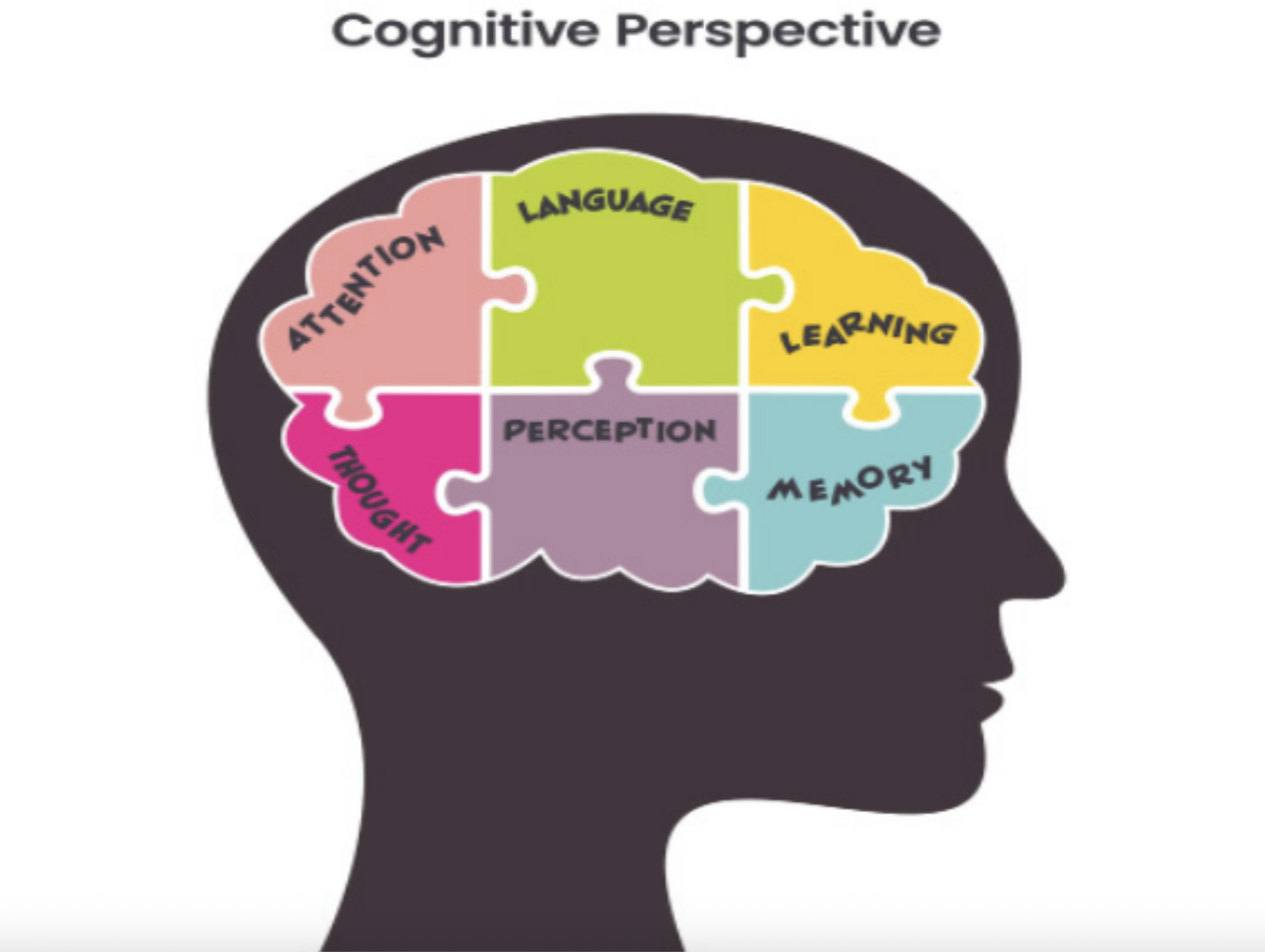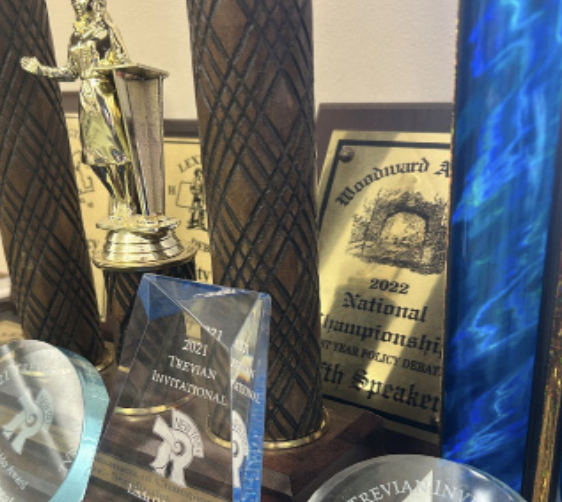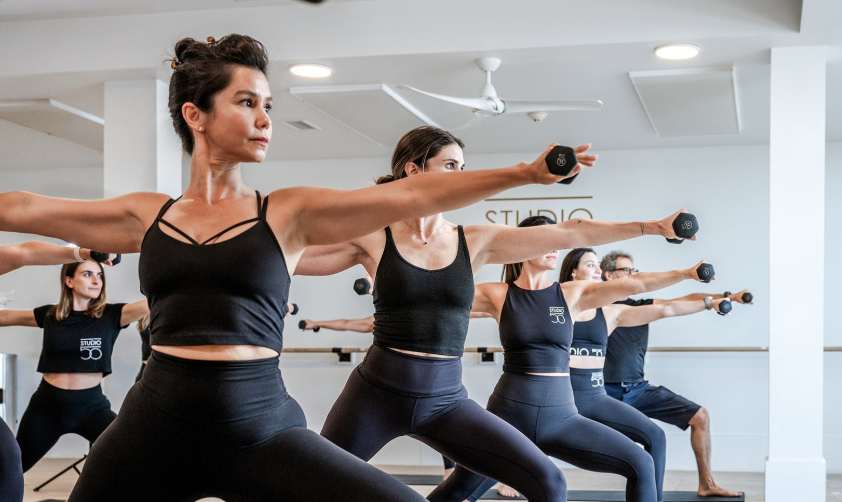Mamaroneck High School is offering AP Psychology this year to sophomores through seniors. Since it is the first year the class is being offered at Mamaroneck, students were asked about their initial impressions of the course and its material.
MHS students express excitement and positive reactions to the first few days of the course. For Chantal Lanausse (‘26), the class has been a revelation. “It was quite surprising when I first started to notice how everything I learn in class I experience on a daily basis,” she said. “It was honestly really cool to make direct connections back to what I was learning in class.”
This feeling of real-world applicability is a common theme among students. According to Sophie Brennan (‘26), the class has already made her “look deeper into [her] relationships with those around [her] and [her] interactions with them.” She added that the most surprising thing she has learned so far is “how biased we are as people in every decision we make,” recalling the concept of hindsight bias, where people convince themselves they knew the outcome of a situation after the fact.
Despite the enthusiasm, some students are anxious about the workload and the rigor of the course. Dylan Shaw (‘27) initially expected the class to be “super hardcore” but was surprised by how well her teacher, Dr. Chester, was able to ease them into the material. However, she notes that the class requires a lot of memorization. “Over the past two weeks, I have learned countless terms and words,” she stated.
A unique aspect of AP Psychology is the use of a traditional textbook, which some students found “old-school.” But even this difference, despite its rare use in education today, has a positive side. As Shaw put it, she “kind of likes it” and finds it interesting because the class “is definitely one where you actually learn stuff that you can apply to real life which is evident in the passages we learn about in the textbook.”
Dr. Chester, who teaches the class together with Ms. Pineda and Ms. D’Amico, is optimistic about the new class. She explains that the first unit, which covers research methods and statistical analysis, can be dry, but it’s a necessary “foundation for the more exciting and engaging units to come.” For Dr. Chester, what’s unique about psychology is that it sits “at the intersection between the sciences and the humanities.”
She hopes the class will appeal to a wide range of students and help them understand that different academic disciplines shouldn’t be “siloed all the time.” Ultimately, she wants students to walk away with a deeper understanding of why they, and others, do the things they do. “I hope my students are already noticing hindsight bias or social-desirability bias in their own lives!” she said.








